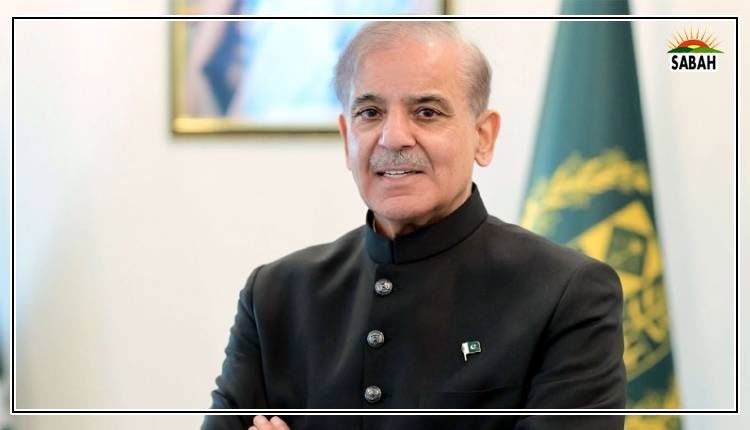People, economics and security…By Kamila Hyat
The slight improvement in Pakistan’s economy is welcome — especially as it comes some months before the next budget is due. Everyone in Pakistan wishes for nothing more than an economy which shows signs of upward movement and the ability to provide people with the jobs and the incomes they so badly need. The key to attaining this is, of course, stability. It is this area that requires some focus in the months ahead.
The state of security and the condition of the people can be gauged by the Jaffar Express incident as the train carrying 400 or so people left Quetta for Peshawar. The Baloch Liberation Army claimed responsibility for the attack during which the militant group killed 21 hostages. This was followed by an army operation resulting in the death of 33 militants. There have been other attacks in Balochistan on people of different ethnicities, and attacks continue on security posts in many places, including those in Balochistan and Khyber Pakhtunkhwa.
The problem with this is also a string of other issues, including that of the canals being dug to irrigate Cholistan. The President of the country, Asif Ali Zardari, has already voiced an adverse opinion on this. In Sindh, people continue to stage protests over the canal issue, which has turned into a growing problem in the province. There is a protest being led from Kashmore to Karachi over the issue and the question of Sindh’s irrigated lands. This issue points to the problems of the federation as a whole.
At the same time, there are also other security issues, such as growing crime in all four provinces and the continued tensions with India, exhibited most recently by the Champions Trophy and India’s insistence that it be staged as a hybrid event, with India playing its matches outside Pakistan. This is not a sustainable situation. This is one Pakistan needs to find a way out of. How it can achieve this is an obvious concern.
We naturally need a stable environment if we are to attain the kind of economic growth which allows a country to prosper and to properly protect its people. The people need protection not only against militant attacks or from growing unrest in various parts of the country, exhibited by the turmoil in the Kurrum Agency, but also from a situation where they are less and less able to feed families or to attain the kind of healthcare that should be the right of every citizen.
The same is true of the need to access education of quality and education which is meaningful to all children, no matter where they live or what income group they belong to. Pakistan continues to struggle to meet these basic needs of its people. This is perhaps its biggest security concern.
The question, of course, is how it can be dealt with. The answer may lie in the ability to collect more taxes, notably from landowners and others who fall essentially outside the tax net. The failure on this front since 1947 is one of the factors which today place Pakistan behind its South Asian neighbours in its ability to grant people the kind of lives that are available to those who live just a short distance away in countries like Bangladesh, Sri Lanka, India or even Nepal. The failure of Pakistan to eliminate diseases such as polio is one indication of a far wider problem.
This problem will not be solved by conducting publicity campaigns at huge expense to the exchequer. There is much to be asked about such campaigns and what they mean in terms of the ability to deliver to people.
Similar moves have been made in the past and amount essentially to publicity stunts rather than any real effort to alter the healthcare system and provide public-sector hospitals with the resources they need to offer people a higher degree of care and the expert help that they require. This of course is unsurprising given that we spend barely one per cent of the total budget of the country on health and just a little more than this on education.
In this condition, there can be little hope of social security and the kind of stability people need. There is too much that needs to be addressed urgently in the country and too little signs that this is happening. Instead, the polarisation that has split the country from within continues, with political parties deeply divided. They need to come together on a common platform to achieve what is most urgently needed in Pakistan. The failure to achieve this has been a massive problem.
It is a problem which in so many ways enables attacks such as that on the Jaffar Express to take place and in turn, plays a role in producing more militants who take up arms to raise their various causes. Such militants exist in many places in the country and follow various ideologies.
There is little doubt that one of the factors that allows them to continue carrying out their attacks, with women joining the list of suicide bombers who have operated in the country, is the failure of the state to provide its people with the basic welfare and security that its people deserve. Only change can bring about an improvement in security and save Pakistan from further acts of terrorism at a time when there is already too much of it in places across the country as militant groups realign and reconsider their policies.
COURTESY THE NEWS












